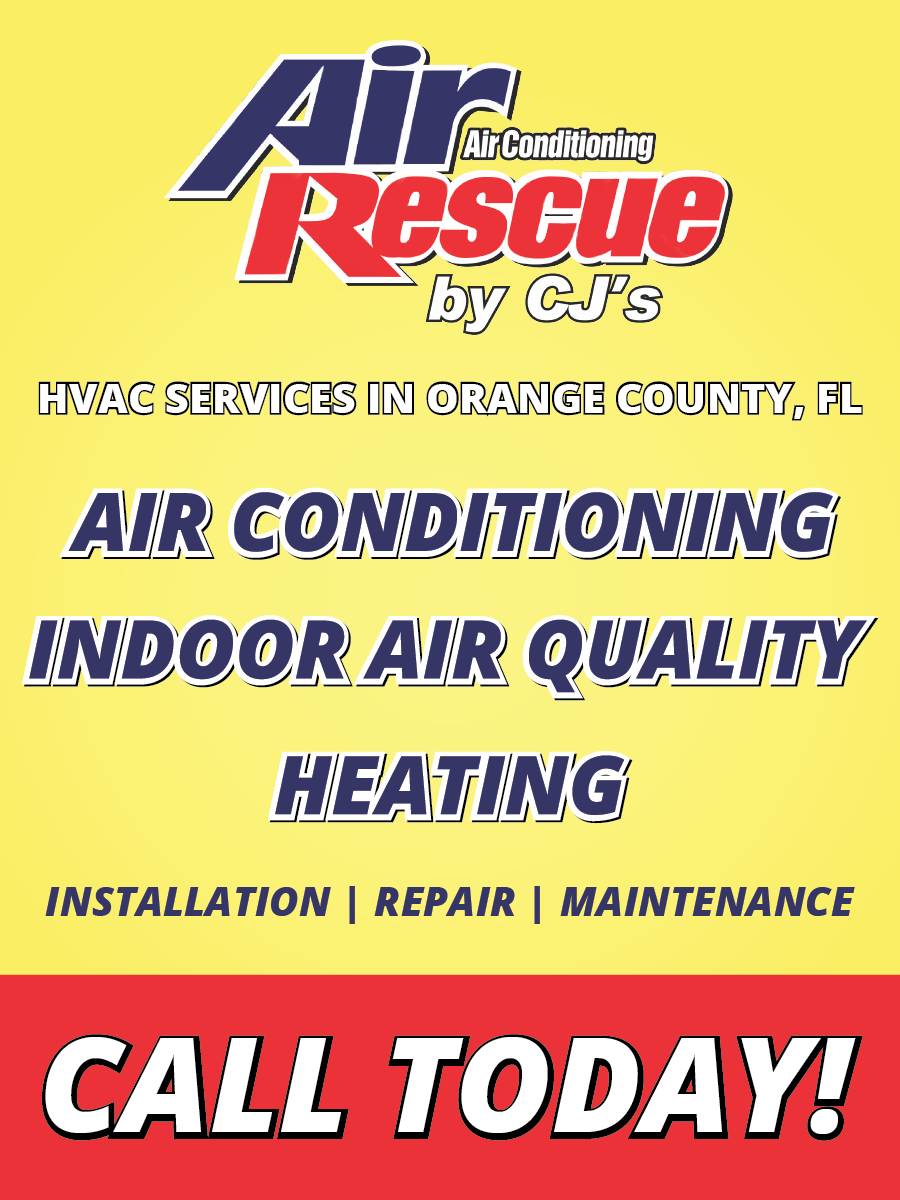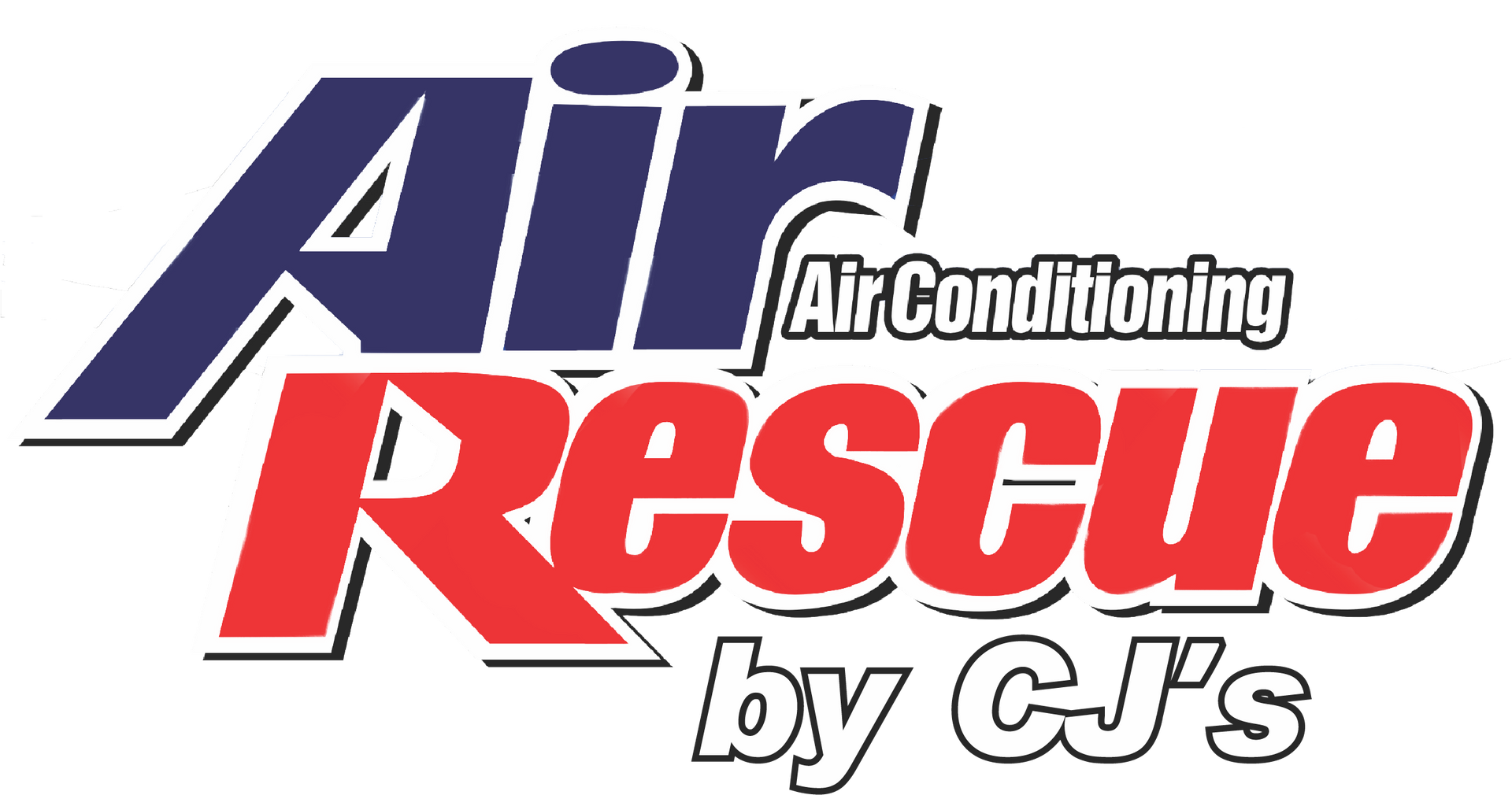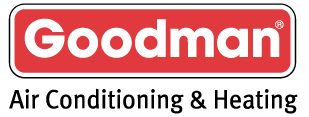Preventive Heating System Tune-Up Services
Have you looked at your heating system recently? Is it in good shape, or could it use some TLC? It’s good for homeowners to occasionally look at the heater to identify any simple problems. However, a thorough inspection should always be left to a professional technician like those at Air Rescue by CJ’s.
Scheduling routine heating system tune-up services is crucial for your system’s overall performance. Our technicians complete a detailed process during these appointments to ensure it works at its best.
Our Heating System Tune-Up Services
Our technicians assess every part of your heater during a routine tune-up to ensure everything is properly working and attached. Trust that our skilled technicians understand the value of preventive services and how to perform them with the highest quality.
Heating system tune-up services from Air Rescue by CJ’s include the following:
- Replacing air filters
- Verifying all moving parts work
- Testing safety controls
- Cleaning and tightening loose parts
- Checking for leaks and other minor problems
Whether your system was new a few months ago or it’s been warming your home for years, our technicians will help keep it operational for many additional years.
Experienced Technicians Providing Essential Services
At Air Rescue by CJ’s, we provide a complete heating tune-up. You can relax knowing your system will run more smoothly after this appointment. Call us today to schedule your tune-up!

Do you want to schedule heating system tune-up services? Call us today!
For immediate service call 386-775-3328, or fill out the form below and we will be in contact within one business day.
Heating Tune-Ups
Thank you for contacting us!
We will get back to you as soon as possible.
Oops, there was an error sending your message.
Please try again later...
Convenient Online Financing!
Convenient Online Financing!
Flexible Financing Options for HVAC Services, Apply Now!
Flexible Financing Options for HVAC Services, Apply Now!
"HOW CAN I MAKE YOU SMILE" CLUB
Annual HVAC Equipment Maintenance
- 2 Maintenance Visits Per Year
- VIP Priority Service Within 24 Hours
- 15% Discount on Repairs
- 15% Off Indoor Air Quality Products
- No Overtime Fees
- Discounted Service Call Fees
- and more!
All money earned can be used towards extended warranties and/or indoor air quality products like enhanced filtration systems.
Air Rescue by CJ's is proud to be a Daikin Elite Member and will service all makes and models!
Daytona Beach, FL
Port Orange, FL
Deltona, FL
DeBary, FL
Sanford, FL
Lake Mary, FL
Heathrow, FL
Longwood, FL
Winter Springs, FL
Altamonte Springs, FL
Winter Park, FL
Orlando, FL
Lake Nona, FL
Isleworth, FL
Windemere, FL

All Rights Reserved |CJ's Heating & Air Conditioning Inc
License no. CACO39753
Phone
Hours of Operation
Mon - Fri
Sat - Sun
8:00 am - 5:00 pm
Mon - Fri 8:00 am - 5:00 pm
Emergency Service Available
Mon - Fri
Sat - Sun
8:00 am - 5:00 pm
Mon - Fri 8:00 am - 5:00 pm
Emergency Service Available



